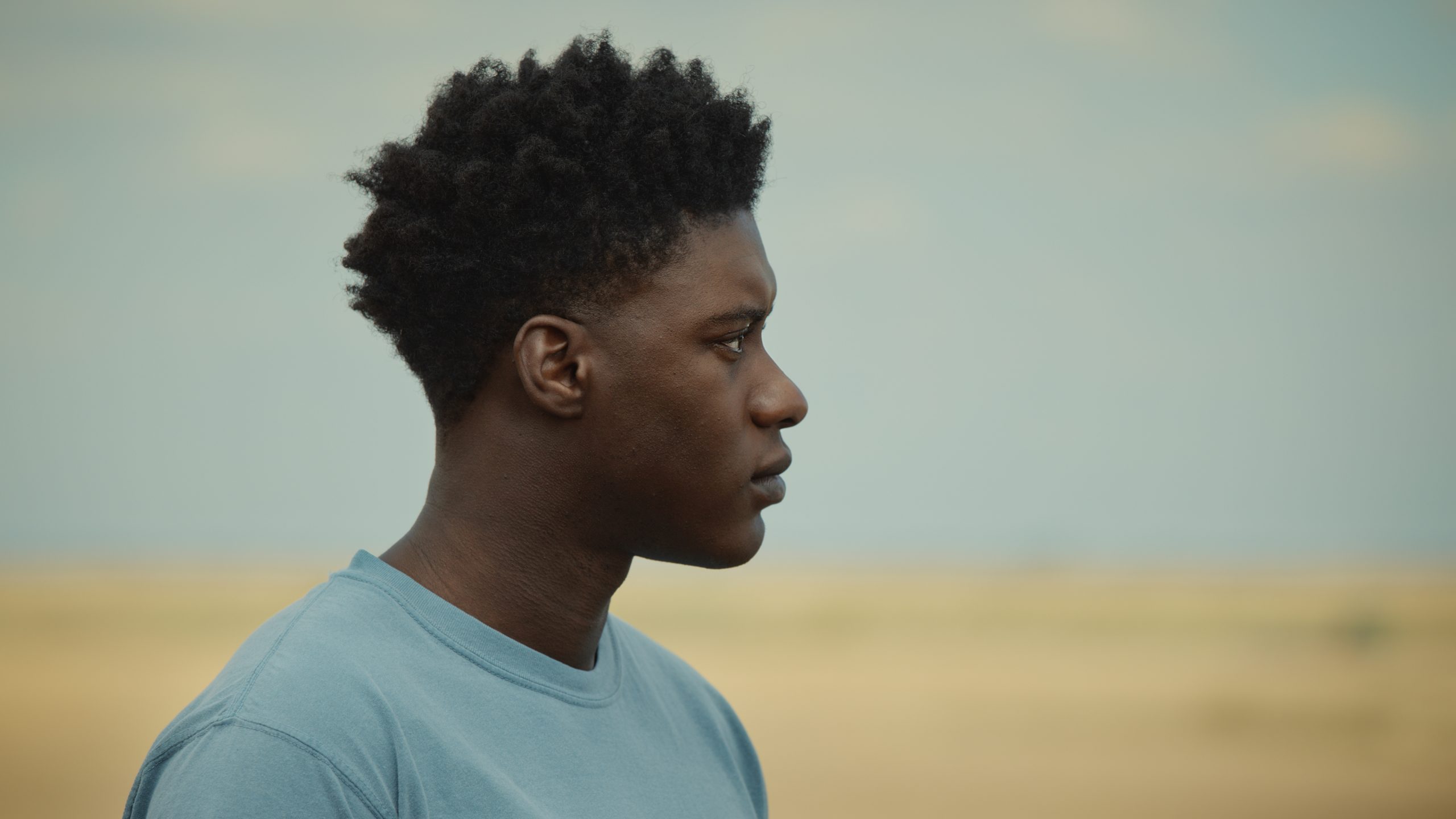Marielle Franco was an outspoken councilwoman in Rio de Janeiro, and one of the few Black women in office. Her roots in the favelas of Brazil made her keenly aware of what the government was ignoring, and what people needed help the most. Her platform spoke for the marginalized people of Brazil, for women, for LGBTQ+, and for those whose voices had been silenced by those in power. Her place within the Socialism and Liberty Party shone as a beacon of change for those that needed it most.
Tragically, Franco was murdered in 2018. While the assailants were caught, whoever ordered them to do so remains unknown. This sent shockwaves through the city as those in Franco’s circles reeled from the loss.

Director and producer Helena Dias felt these reverberations. Her colleague Júlia Mariano had worked closely with Franco during her campaign, and both had admired the work she’d done to be a voice for change in an increasingly oppressive political sphere. Dias started attending events hosted by Franco political parties, where she saw faces and heard discussions that wrang true for so many underrepresented people.
“Politics is something that we do every day. When you know how much it costs to go to buy bread, or how much it costs for you to get on a subway,” Dias said, “and to be aware of that and demanding changes on… that’s also politics. And that spoke really close to my heart. And I knew it would speak too close to Julia’s heart.”
This is where “Seeds: Black Women in Power” found its start.
While her party started planning their campaign, Dias and Mariano began planning how to document it. As women, they wanted to be sure these stories were told and told properly.
“But there’s an issue here,” Dias said. “We are both white women. Makes no sense for us to do this movie if we’re not doing this with Black women.”
The two brought on director Éthel Oliveira for the project, and hired many other women and Black people for the production.
“Seed: Black Women in Power” is truly a tale of tenacity both in front of and behind the camera. The five women featured in the film come from all backgrounds, but are united in supporting each other with whatever means they have, from passing out flyers to attending several rallies in a matter of days. For the production side, funding was tight. Dias cites “living in a cruel government right now which hates arts and culture,” as to why it was hard to receive the funds they needed.
Nevertheless, they persisted. The team worked closely with one another, with Dias wearing many hats to make sure everything ran as needed. From the funds they did have, they made sure no one was paid less than what they deserved for any reason, practicing what their film was preaching.
Throughout the documentary, the audience truly gets a sense of how close-knit this community is. These women are putting their lives at risk to fight for what they know will provide a better future for those who have been shut out of power. But to honor Franco and all they stand for, they must take that risk in order to push forward. Though they may seem smaller than the most powerful political party, their strength comes from their community, the roots they have grown from.
“I feel very honored and very blessed to be able to do this,” Dias said, “because throughout Brazil we actually don’t see a lot of Black women being the lead of pretty much anything.”
The documentary shows how the remarkable can come from anywhere, how anyone can be a trailblazer. By centering the experiences of Black women and letting their stories tell themselves, a new level of humanity is being given back to them.
“We need to show people that we are humans and we deserve to be loved, respected and listened to,” Dias said.
This sentiment may also ring true to those in other parts of the diaspora. Despite those wanting to silence their voices across the globe, whether through policy or violence, this documentary shows that those factors will not hinder those who want change to happen, and that no one is doing this fight alone.

“We can connect and we can understand that there are people that are living the same thing that we are living but on the other side of the planet,” Dias said.
Those who wanted Franco silenced did not account for the power of solidarity found between the lives she touched. Now more than ever it is important to have these stories platformed, a protest in itself to those who want to silence the voices of women who want to make effective change in the world. kweliTV offers a place for these stories to live, to thrive, and to inspire.
“You need to listen, you need to see and you need to give up your power to really understand us and see us in the world and here us,” Dias said regarding what she hopes audiences will do this Women’s History Month.
Watch “Seeds: Black Women in Power” on kweliTV.




